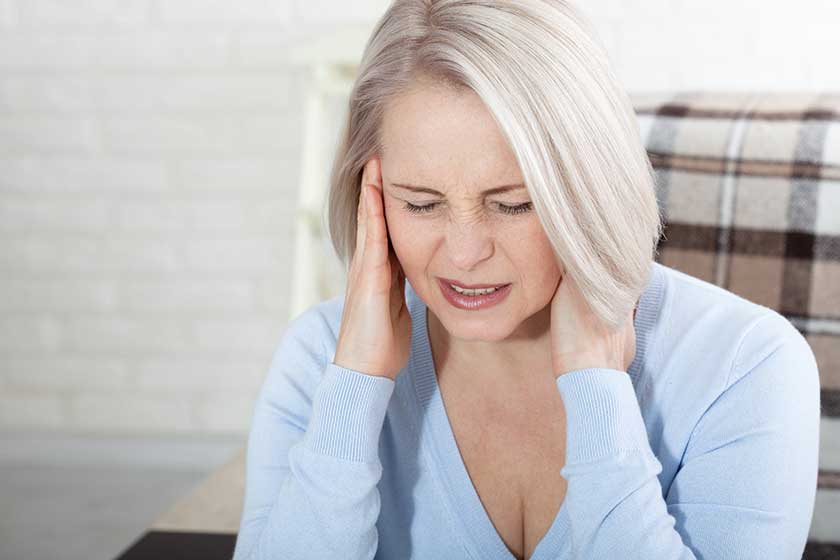A Migraine can be a debilitating condition that affects people of all ages. However, as we age, the frequency, intensity, and symptoms of migraines can change. If you are in your 60s and experiencing migraines, you may need to adjust your treatment approach to account for any health conditions you have or medication you are taking. Here are some tips on how to treat migraines in your 60s:
Consult with Your Doctor
Before you start any new treatment regimen, it’s important to consult with your doctor. They can help you determine if your migraines are caused by any underlying health conditions or medications, and recommend the best treatment approach for you.
Take Medication
One of the most common treatments for migraines is medication. Over-the-counter pain relievers like ibuprofen, aspirin, and acetaminophen can help relieve mild to moderate migraine symptoms. However, if your migraines are severe or frequent, your doctor may recommend prescription medications like triptans, ergots, or anti-nausea drugs.
Try Alternative Therapies
In addition to medication, alternative therapies may also help alleviate migraine symptoms. Acupuncture, massage, and biofeedback are some of the alternative therapies that have been shown to be effective in reducing migraine symptoms.
Maintain a Healthy Lifestyle
Living a healthy lifestyle is essential for managing migraines. This includes getting regular exercise, eating a balanced diet, staying hydrated, and getting enough sleep. These lifestyle factors can help reduce the frequency and intensity of migraines.
Manage Stress
Stress is a common trigger for migraines, so it’s important to find ways to manage stress. This may include practicing relaxation techniques like yoga, meditation, deep breathing exercises, or engaging in activities that you enjoy, like reading or spending time with loved ones.
Identify Triggers
Identifying triggers is an essential part of managing migraines. Keep a diary to track your migraines and any associated symptoms. This can help you identify triggers like certain foods, stressors, or activities that may be contributing to your migraines.
Manage Other Health Conditions
If you have other health conditions, such as high blood pressure or diabetes, it’s important to manage them properly. This can help reduce the frequency and severity of migraines. Talk to your doctor about how to manage these conditions and how they may be affecting your migraines.
Consider Hormonal Changes
As women age, hormonal changes can contribute to migraines. If you are a woman in your 60s and experiencing migraines, talk to your doctor about hormonal therapies like hormone replacement therapy or birth control pills that may help reduce the frequency and severity of migraines.
Stay Hydrated
Dehydration is a common trigger for migraines. Make sure you drink enough water and avoid drinks that can dehydrate you, like alcohol and caffeine.
Consider Cognitive Behavioral Therapy
Cognitive behavioral therapy (CBT) is a type of therapy that can help you manage stress and other psychological factors that may be contributing to your migraines. CBT can teach you coping strategies and help you change negative thought patterns that may be exacerbating your migraines. Talk to your doctor about whether CBT may be a good option for you.
Migraines can be a challenging condition to manage, especially as we age. However, with proper treatment and lifestyle changes, it is possible to reduce the frequency and intensity of migraines. Consult with your doctor, take medication, try alternative therapies, maintain a healthy lifestyle, manage stress, identify triggers, manage other health conditions, and consider hormonal changes to help manage your migraines effectively in your 60s.






